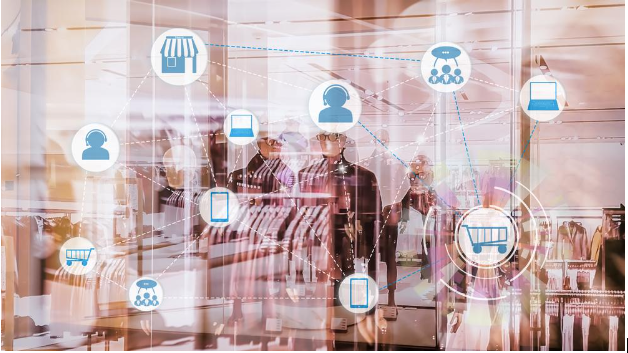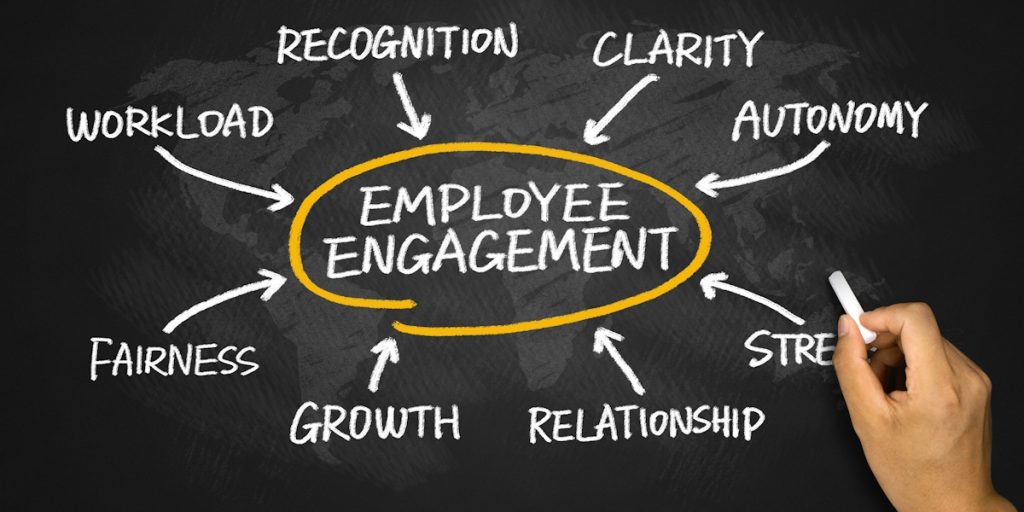People don’t just want products anymore—they crave experiences. That’s why businesses offering travel incentives are seeing deeper emotional connections and stronger loyalty from their customers. The emotional impact of travel rewards plays a vital role in shaping consumer behavior, often driving decisions more than price or product features. When someone receives a travel reward, it triggers emotions like excitement, happiness, and appreciation—feelings that are hard to replicate with traditional cash-back or points systems.
Unlike material incentives that are quickly forgotten, travel rewards create lasting memories. These experiences tie a brand to positive emotions, encouraging customers to return not just for the product or service, but for how it made them feel. Brands that understand this emotional psychology are able to influence purchasing decisions and strengthen long-term customer relationships.
Why Emotions Matter in Marketing
Consumer loyalty and rewards go hand-in-hand, but the real power lies in how customers feel when they earn those rewards. Studies show that emotions drive over 90% of purchasing decisions. Rational thinking plays a role, but it’s often the emotional layer that pushes someone to say “yes.”
Key emotional triggers linked to travel rewards include:
- Anticipation: Planning a trip brings joy before the travel even begins.
- Gratitude: Customers feel appreciated, boosting brand trust.
- Belonging: Shared experiences create a sense of community.
- Nostalgia: Positive memories lead to repeat engagement.
This emotional influence often results in customers talking about their experience—both online and offline—which increases organic reach for brands.
How Emotions Shape Consumer Behavior
Marketing is no longer about selling a product—it’s about creating a connection. Research shows that emotions drive more than 90% of our purchasing decisions. While logical reasoning plays a role, it’s usually the emotional response that leads to action. That’s why brands aiming to build long-term loyalty are focusing more on emotional marketing strategies.
Travel Rewards: A Shortcut to Positive Emotions
- Excitement: The thrill of receiving a travel opportunity ignites positive energy.
- Appreciation: Customers feel valued and recognized.
- Gratitude: Leads to stronger brand loyalty and trust.
- Anticipation: Even before the trip begins, planning and imagining creates happiness.
- Memory creation: A travel reward often becomes a cherished memory linked directly to your brand.
These emotional responses are not just fleeting. They linger, influence behavior, and often lead to repeat purchases and stronger advocacy.
Travel-Based Loyalty Programs and Their Impact
Businesses are increasingly investing in travel-based loyalty programs to create meaningful consumer engagement. These programs go beyond points and purchases; they provide something consumers actually look forward to.
A well-executed travel reward strategy can:
- Increase customer retention by up to 87% (source: Forbes)
- Improve brand sentiment and emotional loyalty
- Lead to higher average order values
- Encourage word-of-mouth marketing
By integrating travel incentives into your customer reward systems, you’re not just giving a prize—you’re offering a story they’ll remember and associate with your brand.
The Psychology Behind Travel as a Reward
Why Travel Stands Out Among Other Incentives
Cash rewards can be spent and forgotten. Discounts feel transactional. But travel? It evokes emotion even before it happens.
Travel rewards:
- Create anticipation that lasts for weeks or months
- Enhance emotional connection with the brand
- Lead to memory-making moments that influence future decisions
- Provide personal value that far outweighs monetary value
This taps into the core of emotional marketing strategies—building a relationship with the consumer that goes deeper than the product.
How Travel Rewards Influence Buying Decisions
When customers know a personalized travel experience is on the table, they are more likely to engage with a brand consistently. This is especially true in B2C sectors like fashion, lifestyle, or tech.
What Sets Travel Rewards Apart:
- Spark motivation in employees and customers alike.
- Help brands stand out in a crowded marketplace.
- Create a goal-oriented mindset, increasing the likelihood of engagement.
- Align with lifestyle values—especially for millennials and Gen Z, who value experiences over material items.
Brands that Transform Their Sales with Personalized Travel Incentives often report seeing not just a spike in revenue, but in emotional brand equity.
Emotional Loyalty vs. Rational Loyalty
It’s important to understand the difference between these two types of loyalty:
Rational Loyalty
- Based on price, convenience, or product features
- Easily swayed by competitors
- Short-term
Emotional Loyalty
- Based on feelings, trust, and brand experience
- Harder to disrupt
- Long-term
Travel rewards help brands shift from rational to emotional loyalty, which is more sustainable and impactful over time.
Final Thoughts: Travel Rewards Are More Than Just Perks
The emotional impact of travel rewards goes far beyond a simple incentive. It speaks to what consumers truly value—feeling recognized, cared for, and connected. Brands that tap into this emotional connection stand out and stay top-of-mind longer.
As consumer expectations evolve, emotional engagement is no longer optional—it’s a necessity.
Do You Think Emotional Rewards Like Travel Have More Impact Than Cash Incentives?




